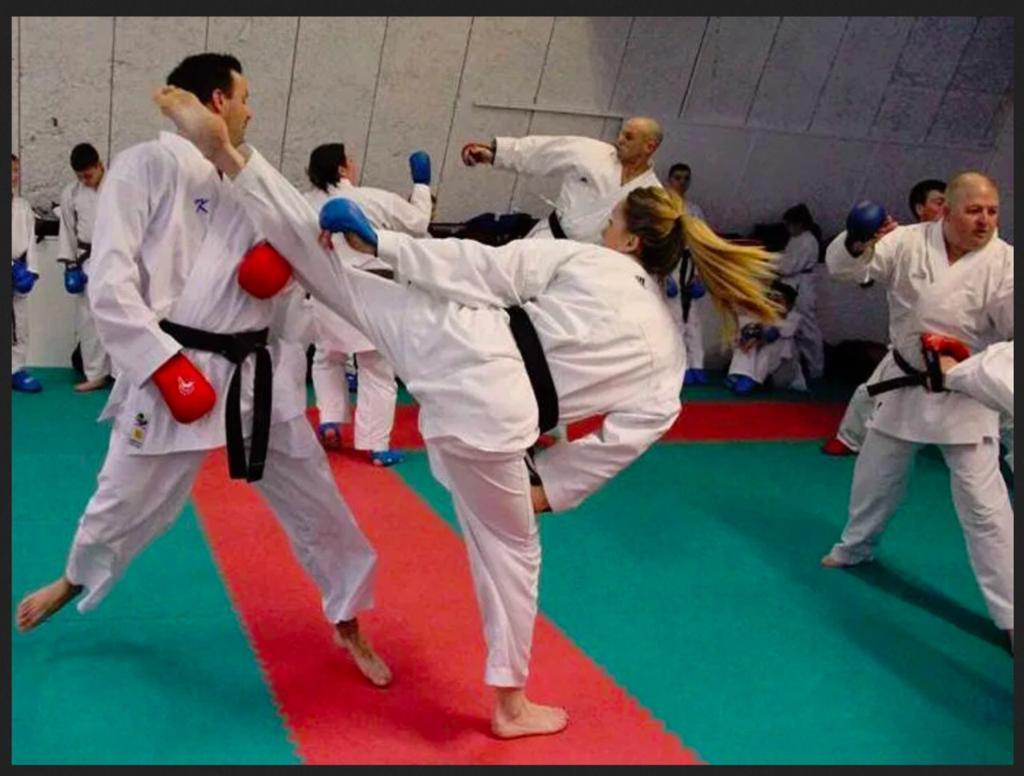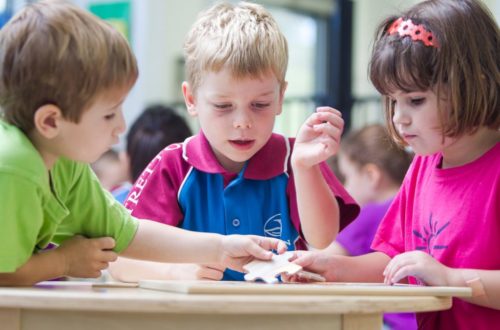
Hobbies Make You A Better Problem-Solver
Hobbies Make You A Better Problem-Solver
 When it comes to problem-solving we constantly hear our parents, managers, and professors use cliched expressions like “Think outside the box” or “Get out of your mind,” among many others. But what do these expressions actually mean?
When it comes to problem-solving we constantly hear our parents, managers, and professors use cliched expressions like “Think outside the box” or “Get out of your mind,” among many others. But what do these expressions actually mean?
If you consider it, it’s wise advice to follow. Have you ever worked on an issue for hours before leaving to do the chores or go for a stroll, at which point the answer suddenly came to you?
Because they inject play into our work, these cliches are accurate. Our minds are engaged when we are doing something else, which enables us to view issues differently. In the break room of Silicon Valley tech enterprises, there are game rooms, pool tables, and board games set up. They learned early on the importance of play and how it might inspire more original thinking.
Hobbies Make You A Better Problem-Solver
So how can we increase play at work and improve how we handle business issues?
Play and work can they coexist?
Work and recreation are frequently viewed as opposites that we do only occasionally. Play, however, may be a vital tool for teaching your brain to solve problems more skillfully if utilized properly. Play enables us to change physical or mental images, imagine and explore other scenarios, make stories, and more, according to 2013 research. We can use play to explore, learn, and enhance our creative processes just as we can while solving problems as adults.
One of the motivations behind the creation of Lego’s “Serious Play” program was the relationship between play and problem-solving. Business leaders use this program to encourage creativity, collaboration, and reflection in individuals and teams at all organizational levels. They’ve discovered that the creative act of constructing something out of Legos causes the brain to function differently and opens up fresh viewpoints.
Given that we are already familiar with Lego and how they function, it proved to be quite beneficial. People were able to be more inventive in how they joined the bricks and what they made with them because of their familiarity. Participants were urged to accept and support any ideas that came to them as they freestyled their structures, regardless of where they came from.
Even if not all problems at work can be handled by playing with Legos, it paves the way for employees to approach their jobs with greater creativity and come up with new ways to accomplish their goals.
Perfectionism is a process that requires practice.
Without practice, you won’t become proficient at bringing play to work. The first time you try to think “beyond the box” at work, you’ll undoubtedly fail, just like a novice who stands up to serve a tennis ball and sends the ball into the net. Also acceptable. Most of the time, the first few times aren’t very good, but it doesn’t mean we should give up.
When we eventually overcome a challenge, complete a skill, or, in our example, get the tennis ball into the service box on purpose, that is when playing becomes enjoyable. Before you could regularly succeed with your service, you had to adjust, modify, and attempt numerous things. Your baseline positioning, ball-tossing technique, and even grip were all observed. To find your most reliable method, you experimented with everything. If what you were attempting was different from what everyone else was doing on the courts, you might have felt self-conscious about it.
After you become accustomed to your mechanics, you can concentrate on and build other aspects of your game. To reach your aims or commercial objectives at work, you must have the same freedom to explore and practice.
Bring some fun to work.
To experiment freely and confidently at work, we must treat it like play. Innovation can be stifled and people can’t perform at their best when they are hesitant to try a strategy or propose a crazy idea because it seems too “out there.”
Therefore, if you aren’t used to playing outside of work, you won’t understand how to use those skills there. You’ll never be able to tap into your creativity, and you won’t experience the “zone” as a professional athlete does when they’re performing at their best.
This explains why IT firms encourage gaming in their game rooms and why remote workers may frequently accomplish more when working from home rather than in an office. We are more creative in our working lives when we have the chance to occasionally disconnect from work and play. We bring a different perspective to the workplace, which causes us to view business problems and initiatives differently and to feel more at ease taking risks to achieve them.
Not merely doing sports helps us become better problem-solvers. Any activity that involves creating or building something—such as knitting, baking, or woodworking—getting physical (such as working out or cleaning the house) or using your brain in a new way—such as playing a board game—works. You can apply your problem-solving abilities to your work life by using them in each of your hobbies or leisure pursuits. Therefore, in the future, be sure to set up a time for your hobbies. Your brain will benefit from it.
Download the hobbytwin app and tell a friend for instant hobby matching:
For iPhone/iPad&iPod:









